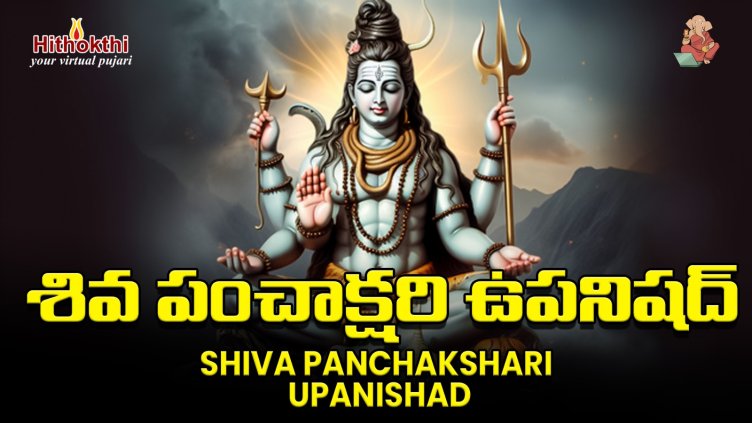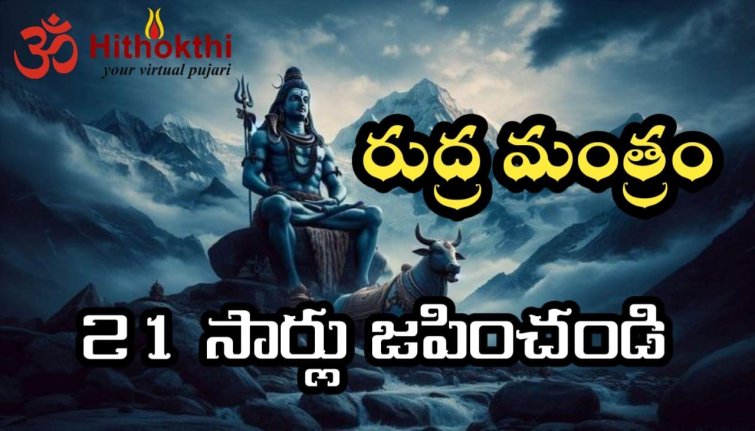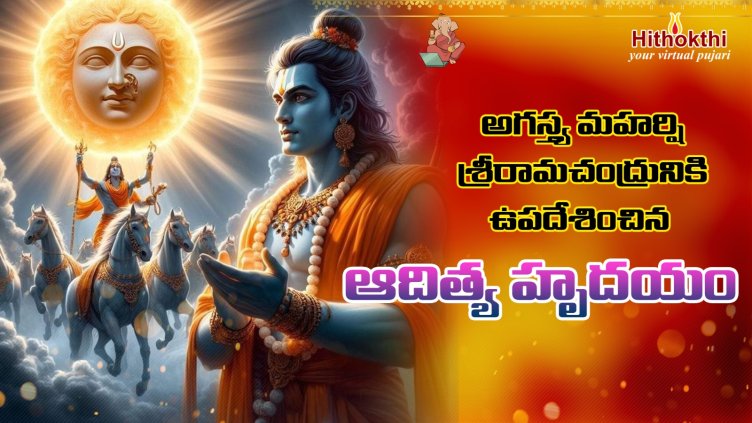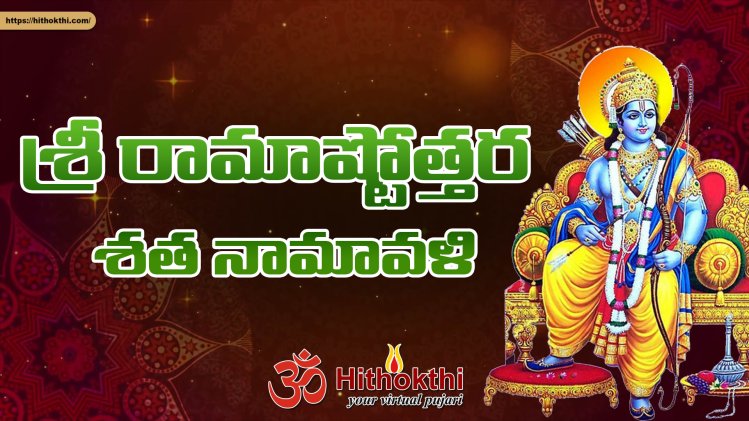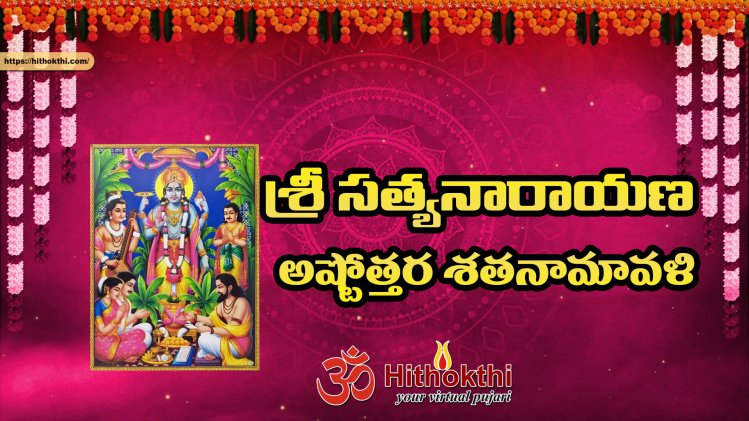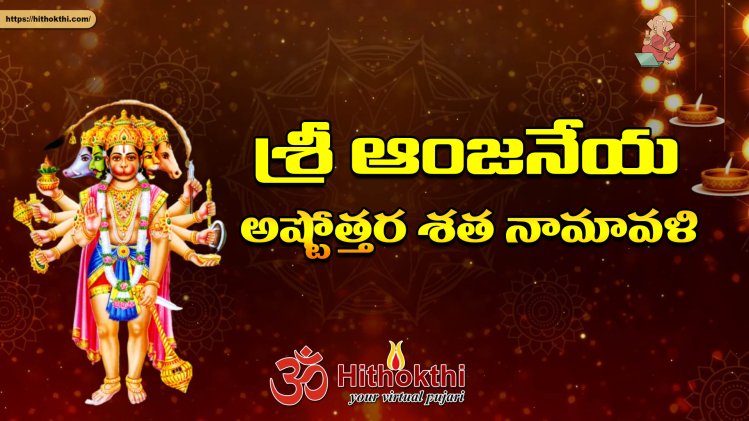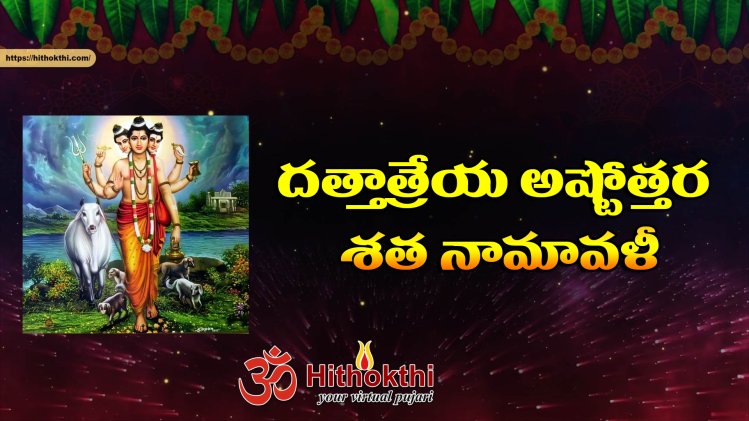Ecstatic Shakuntala theatrical play in Karachi

Karachi April 25, 2014: Mahabharata is one of the two major Sanskrit epics from ancient India, andShakuntala is a small, but significant part of it. So short that if the whole Mahabharata comprises of a 100 pages then only three belong to Shakuntala, but so significant that it’s considered by many the best dramatisation of the central ideas that found Hinduism. Apart from that, Bharata, the mythological character from whom Indiatakes its Sanskrit name Bharat is also born to Shakuntala at the end of this play.
However, Kalidasa the epic writer of Shakuntala whose exact era is still disputed to be somewhere between 10 AD and 600 AD would have been a happy man Wednesday night. After all, his play which is seminal to Hinduism was performed for the second time in a place that came into being as a result of differences with followers of Hinduism. Adding to his happiness would be the fact that the play was performed in the premises of Hindu Gymkhana which now houses the National Academy of Performing Arts (Napa).

King dushyant in conversation with his advisers.
Zain Ahmed and Sunil Shankar, the co-directors of the play, have different strengths as theatre directors, but it is their mutual interest with body movements and unrestricted blocking on stage that converts the interest into synergy.
They chose to remove most of the text from a very text-heavy tale and relied primarily on gestures and choreography to compensate for the missing text. This made the performance engaging at places with the young lot of actors coming up with some very radical and often provocative images, but most of the times the text was missed. To put it more clearly, the lack of actors’ ability to tell a story only through body movements became clearer and clearer as time passed by, which undermined the overall ensemble feel of the play.
Having said that, one needs to keep in mind that the cast (about 20 people) comprised third year students, who have been brought up with an understanding of acting that treats the craft as more of an audio experience. Making them use their entire body as a tool of communication pushed their limits, but it is only challenges like these that’ll make them realise their true potential and evolve as performers.
Live music by Napa alumni Ahsan Bari was the highlight of the night and the way Bari transformed the eastern classical ragas into world music melodies speaks tons about how much both him and Shakuntala have evolved since 2008, when he had composed eastern classical ragas, with only an acoustic guitar and percussions at hand.
This time around it’s the magic of Sarangi that gives you goosebumps and the meticulous playing of Gul Mohammed. The Sarangi player fools you into believing as if there is a Sitar in the orchestra that you cannot see.
“It’s my magic with the Sarangi that can make it sound like anything I want,” Mohammad clarified after the performance. Abeer Shaan on percussions is a relatively new face in the theatre scene and her comfort with such simple but sophisticated live performance can make her a regular contributor to the growing live musical scene of Karachi.
Overall, there was a clear intention of treating Shakuntala as a very contemporary story; with t-shirts and jeans being preferred over kurta pajama for guys and sleeveless tops for girls instead of saaris, being one visible testimony to it. The few heavy Sanskrit dialogues might be an issue for some, but if you have been watching enough Indian soap operas and Bollywood films then meanings will instantly flow from the subconscious mind.
The love story of the mighty king Dushyant and the beautiful Shakuntala is not one of those in which you walk in to see a brilliant plot unfold and get surprised by an unforeseen climax. You rather watch such a play for the storytelling, because the story itself is the seedling from where the archetypical South Asian love story grew further; the quintessential story of a boy meets girl, they fall in love and are separated by the external forces only to come back together because of some divine intervention or merely by the power of love.

